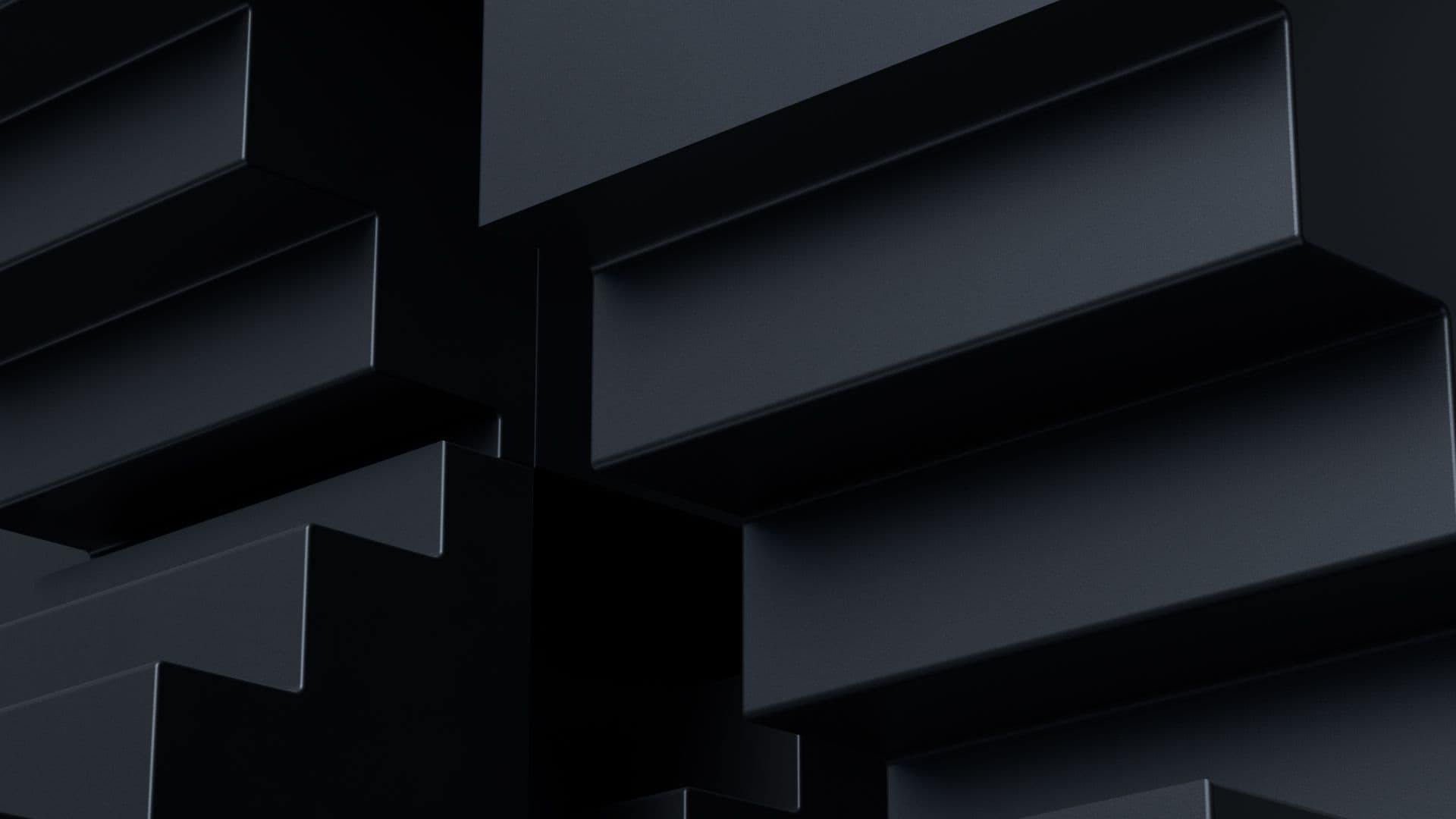Unity, логотипы Unity и другие торговые знаки Unity являются зарегистрированными торговыми знаками компании Unity Technologies или ее партнеров в США и других странах (подробнее здесь). Остальные наименования и бренды являются торговыми знаками соответствующих владельцев.

